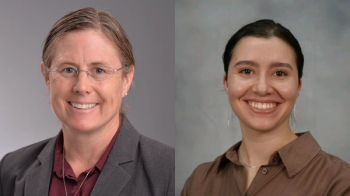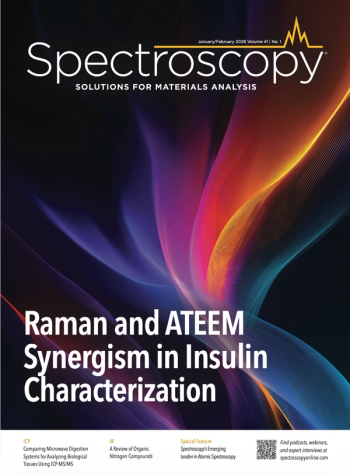
Call for Nominations: 2021 SAS Atomic Spectroscopy Student Award
The Society for Applied Spectroscopy (SAS) and the SAS Atomic Technical Section is currently seeking nominations for the 2021 SAS Atomic Spectroscopy Student Award.
The Society for Applied Spectroscopy (SAS) and the SAS Atomic Technical Section are pleased to announce the call for submissions to the 2021 SAS Atomic Spectroscopy Student Award. This award will be given to undergraduate and graduate students who have excelled in the area of atomic spectroscopy.
Selected students will be required to present their work as an oral presentation at SciX 2021, which will be held in Providence, Rhode Island, from September 26–October 1.
The 2021 SAS Atomic Spectroscopy Student Award will come with travel assistance greater than $500 and a two-year SAS membership after graduation.
To apply or recommend a student, please submit the following materials:
- letter of recommendation from the student’s academic advisor
- the student’s current resume/CV
- a scientific abstract for the work he or she will present if selected.
These application documents should be emailed to Derrick Quarles and Ben Manard at
Students that submit an application for the award must be a current SAS member or register at the time of submission. Student memberships can be completed online by clicking
All questions regarding the 2021 SAS Atomic Spectroscopy Student Award should be directed to SAS at the following email address:
Newsletter
Get essential updates on the latest spectroscopy technologies, regulatory standards, and best practices—subscribe today to Spectroscopy.




